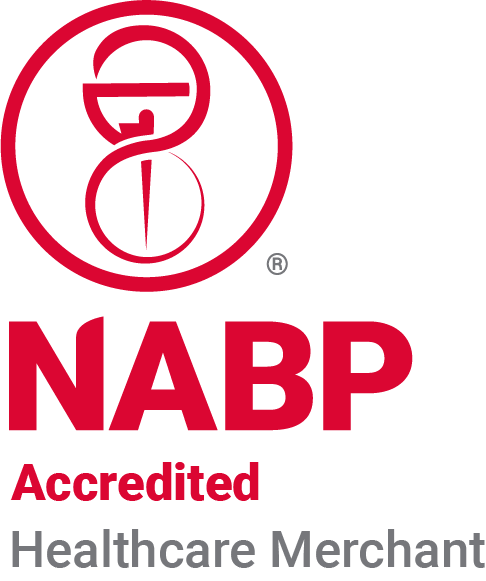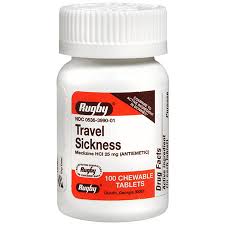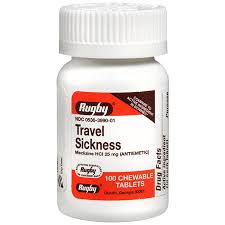Providing Quality & Trust
Meclizine HCL Tablets
Bloodworth Wholesale
Starting at $0.17
$0.17 Each
Detailed Description
Meclizine
(mek-li-zeen)
- Description: Antihistamine, Antiemetic
- Other Names for this Medication: Antivert®, Bonine®
- Common Dosage Forms: Veterinary: 25 mg oral tablets.
May be given with or without food. Giving with a small amount of food or treat may help prevent vomiting. When using for motion sickness prevention, give medication 30-60 minutes before travel. Most common side effectis sedation (drowsiness/sleepiness).
How is this medication useful?
Meclizine is used in small animals for the treatment and prevention of vomiting and motion sickness. In rabbits, itis also used to treat head tilt(wry neck, torticollis). The FDA (U.S. Food & Drug Administration) has approved this drug for use in humans, butitis not officially approved for use in animals. The FDA allows veterinarians to prescribe products containing this drug in different species or for other conditions in certain situations.
You and your veterinarian can discuss why this drug is the most appropriate choice.
Uses/Indications:
Meclizine is principally used in small animals as an antiemetic primarily for the treatment and prevention of motion sickness.
What are the side effects of this medication?
Side effects that usually are not serious include:
- Fatigue or sleepiness (common).
- Dry mouth, dry eyes, fast heartbeat, and CNS stimulation (agitation, pacing; uncommon).
- Cats: Reduced appetite (uncommon).
You don’t have to be overly concerned if you see any of these signs unless they are severe, worsen, or continue to be a problem. Contact your veterinarian if this happens
Contraindications/Precautions/Warnings:
Meclizine is contraindicated in animals hypersensitive to it. It should be used with caution in animals with prostatic hypertrophy, bladder neck obstruction, and other forms of urinary retention, angle-closure glaucoma, asthma, or GI obstruction. Theoretically, renal or hepatic impairment can lead to drug accumulation and increased risk for adverse effects.
Adverse Effects:
The typical adverse effect noted is sedation; less frequently, anticholinergic effects (eg, dry mucous membranes, dry eyes, tachycardia) may be seen. Paradoxical CNS stimulation has also been reported. Cats may develop inappetence while receiving this medication.
Drug Interactions:
In humans, meclizine is a substrate of CYP2D6. The following drug interactions have either been reported or are theoretical in humans or animals receiving meclizine and may be of significance in veterinary patients. Unless otherwise noted, use together is not necessarily contraindicated, but weigh the potential risks and perform additional monitoring when appropriate.
- ANTICHOLINERGIC DRUGS (eg, atropine, glycopyrrolate, tricyclic antidepressants): Other anticholinergic drugs may cause additive anticholinergic effects.
- CNS DEPRESSANTS (eg, benzodiazepines, gabapentin, opioids, trazodone): Use with other CNS depressants may cause additive sedation.
- DIGOXIN: Meclizine may increase digoxin absorption by slowing GI motility.
- FLUOXETINE: May increase meclizine levels and effects by inhibiting metabolism
- PROKINETIC AGENTS (eg, cisapride, metoclopramide): Meclizine may diminish the efficacy of prokinetic agents by decreasing GI motility.
Storage/Stability:
Meclizine products should be stored in well-closed, light-resistant containers at room temperature 20°C to 25°C (68°F to 77°F); excursions are permitted between 15°C to 30°C (59°F to 86°F).

Powered by nopCommerce
This site is running in live payment mode. Real payments will be processed.

